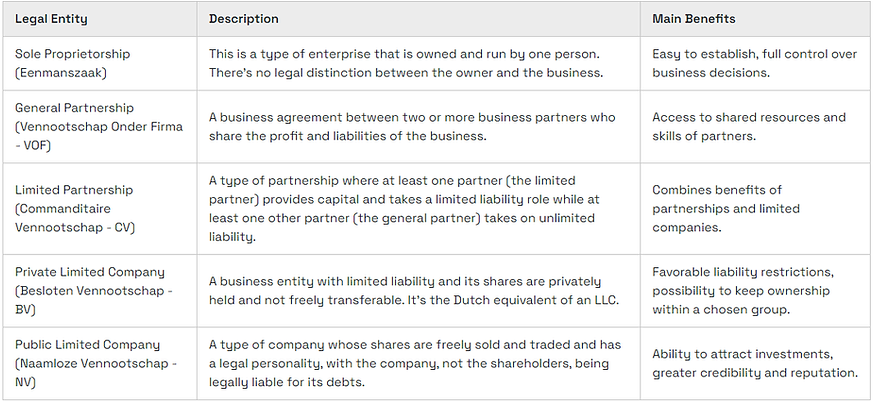Registering your business online in Croatia offers numerous advantages that streamline the process and enhance efficiency. Here are some key benefits:
-
Convenience: Online business registration allows entrepreneurs to complete the process from the comfort of their homes or offices. This eliminates the need for multiple visits to government offices, saving time and effort.
-
Speed: The online registration process is typically faster than traditional methods. Entrepreneurs can submit their applications and receive confirmation quickly, allowing them to launch their businesses sooner.
-
Accessibility: The online system is available 24/7, making it easy for business owners to register at their convenience, regardless of working hours or location.
-
Cost-Effective: By reducing the need for physical paperwork and office visits, online registration can lower costs associated with starting a business, such as travel expenses and administrative fees.
-
User-Friendly Interface: The online registration platforms are designed to be intuitive and easy to navigate, making the process accessible even for those without extensive technical knowledge.
-
Reduced Errors: Online systems often include validation features that help minimize errors in applications. This leads to a smoother registration process and decreases the likelihood of rejections.
-
Integration with Other Services: Online registration often connects with various governmental services, such as tax registration and social security, providing a more integrated approach to starting a business.
-
Real-Time Updates: Business owners can receive real-time updates on their application status and any necessary steps, ensuring they stay informed throughout the registration process.
In summary, online business registration in Croatia simplifies the process, making it quicker, more accessible, and cost-effective for aspiring entrepreneurs.





